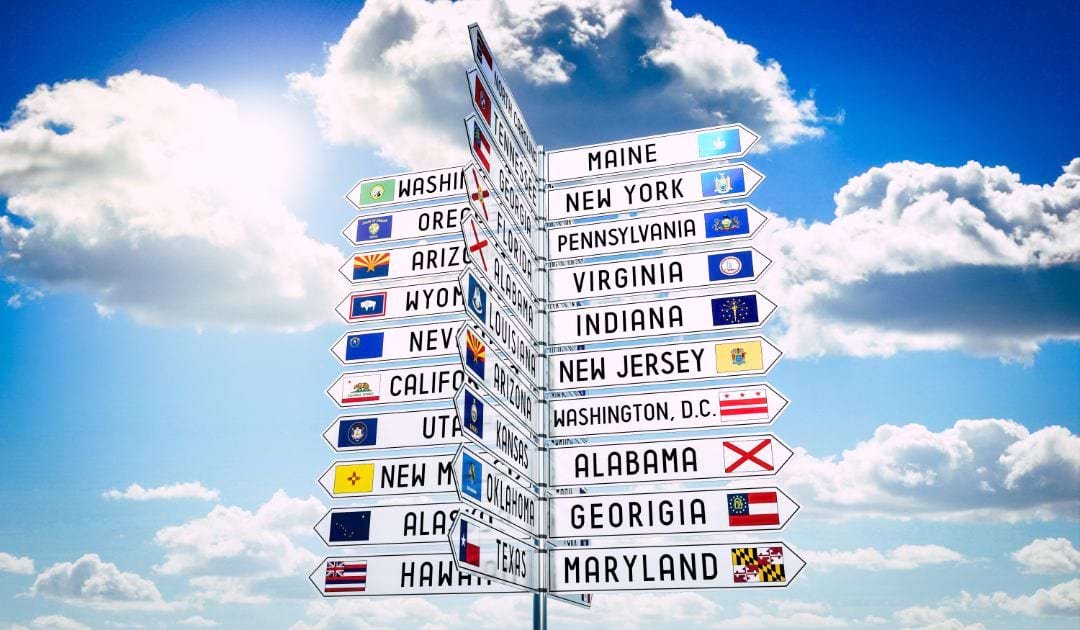

€9 Train Tickets in Germany to Expire at the End of August
Through a press release issued earlier this month, the Association of German Transport Companies (VDV) has announced that since the start of ticket sales from the end of May until August 8, a total of 38 million tickets have been sold nationwide, AtoZSerwisPlus.com reports.
The same source also published the latest results on August 29, revealing that there have been sold a total of 52 million tickets for travel in Germany for a price of only €9.
As the authority explains, about ten per cent of trips with a €9 ticket have replaced a trip that would otherwise have been made by car. Apart from this fact, in general, the percentage of trips displaced by other means of transport is 17 per cent.
“With 56 per cent, it is also the main argument for the purchase among new customers, but right behind it, 43 per cent of the new customers surveyed name not driving a car as a reason for the purchase. Among those surveyed who did not buy the ticket, the main reasons against buying the 9-euro ticket are a lack of usage reasons (37 per cent), a preference for the car (35 per cent) and cumbersome connections (33 per cent),” a statement of VDV reads.
According to Finance Minister Christian Lindner, the Free Ticket Program has cost more than €2.5 billion, and there are no plans to extend the scheme, although there are several proposals for alternative transit programs.
Looking at the scheme, transport industry analysts said it encouraged people to take journeys they would not normally be able to afford and also helped them reduce car use in some areas by around three per cent.
Daily commuters also benefited greatly from the ticket because it was precisely when fuel price increases began. Thus, the ticket also offered a big discount; for example, the monthly Berlin public transport ticket usually costs €86.
With an estimated annual cost of €14 billion, Minister Lindner warned that he would cut state investment in other areas, such as education and infrastructure.
In this regard, the director of the German Development Institute, Dirk Messner, added that since the €9 ticket would be unaffordable for the state in the long term, then a ticket across Germany that costs between €49 and €69 can be financed by reducing subsidies for car users.
Early data published by the Federal Statistical Office of Germany (Destatis) immediately after the introduction of the nine-euro ticket showed that the number of people who chose rail transport increased significantly, thus exceeding the level recorded in July 2019.
Such data also reveals that rail travel over distances of 30 kilometres or more was significantly above the pre-pandemic level. Meanwhile, in July, 42 per cent more trips were made by rail than in the same period of 2019.


















